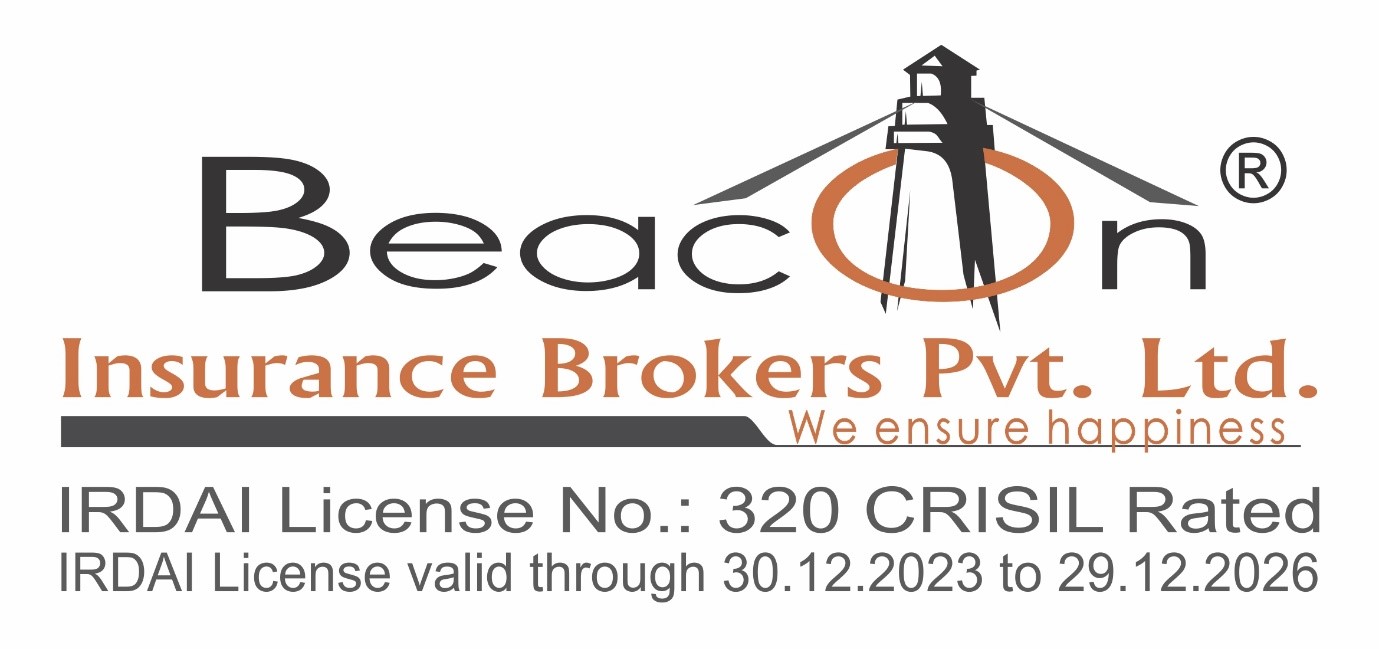
Aviation Insurance: Ensuring Safety in the Skies
Aviation insurance is a specialized coverage that protects aircraft operators, manufacturers, and related stakeholders from financial losses due to accidents, damage, or liabilities. With the global aviation industry valued at over $1 trillion, robust insurance ensures safety, compliance, and financial stability.
Aviation insurance is indispensable in a high-stakes industry where safety and risk management are paramount. With evolving challenges, it remains a cornerstone of resilience for operators and stakeholders in ensuring safety and financial security in the skies.
Key Aspects of Aviation Insurance
1. Types of Coverage
- Hull Insurance: Covers physical damage to the aircraft.
- Liability Insurance: Protects against claims for third-party injuries or property damage.
- Passenger Liability: Compensates passengers for injuries sustained during flights.
- War and Terrorism Insurance: Covers risks arising from hijackings or acts of terrorism.
2. Industry Statistics
- Global Premiums: Aviation insurance premiums totaled approximately $2 billion in 2023.
- Claims Insights: Hull damage accounts for 60% of claims, with liability-related incidents making up 30%.
- Major Incidents: Accidents like the Germanwings crash led to claims exceeding $300 million.
Emerging Risks and Trends
- Cyber Threats: Increased reliance on digital systems heightens exposure to hacking.
- Drone Insurance: Expanding commercial drone operations demand tailored coverage.
- Environmental Concerns: Regulatory compliance for carbon emissions introduces new liabilities.
Why Aviation Insurance is Crucial
- Operational Continuity: Covers costs of repairs or aircraft replacement.
- Regulatory Compliance: Required by law for all commercial aviation operators.
- Reputation Protection: Ensures compensation and support in the event of an incident.
For any insurance solutions, please contact Beacon Insurance Broker Pvt Ltd at https://www.beacon.co.in/
Insurance is a subject matter of solicitation
